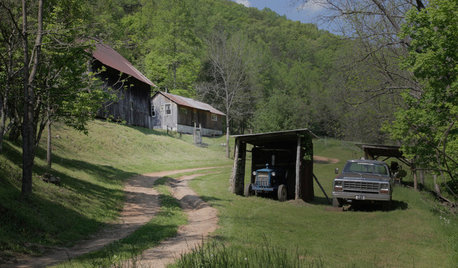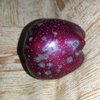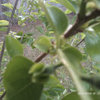'The Botany of Desire' on PBS tonight
organic_mescalito
14 years ago
Related Stories

FUN HOUZZEverything I Need to Know About Decorating I Learned from Downton Abbey
Mind your manors with these 10 decorating tips from the PBS series, returning on January 5
Full Story
HOUSEKEEPING10 Chores You Can Whip Through During Commercials
Use ad time for getting tasks done, and it’s like fast-forwarding your house into cleanliness
Full Story
LIFE'Not My Precious Books!' — Pain-Free Ways to Declutter Your Library
Have your books and neatness too, with these ideas for paring down and straightening up a beloved collection
Full Story
TASTEMAKERSNew Series to Give a Glimpse of Life ‘Unplugged’
See what happens when city dwellers relocate to off-the-grid homes in a new show premiering July 29. Tell us: Could you pack up urban life?
Full StoryMore Discussions








bonsaist
glenn_russell
Related Professionals
Camas Landscape Architects & Landscape Designers · Clark Landscape Architects & Landscape Designers · Port Royal Landscape Architects & Landscape Designers · Sand Springs Landscape Architects & Landscape Designers · Maple Heights Landscape Architects & Landscape Designers · Burien Landscape Contractors · Dallas Landscape Contractors · Danvers Landscape Contractors · El Segundo Landscape Contractors · Ellicott City Landscape Contractors · Hilton Head Island Landscape Contractors · Kaysville Landscape Contractors · Nutley Landscape Contractors · Pleasant Hill Landscape Contractors · Richmond Landscape Contractorsfranktank232
Michael
franktank232
keepitlow
olpea
alan haigh
Michael
Scott F Smith
alexander3_gw
alan haigh
keepitlow
olpea
alan haigh
olpea
keepitlow
alan haigh
olpea
keepitlow
Violet_Z6